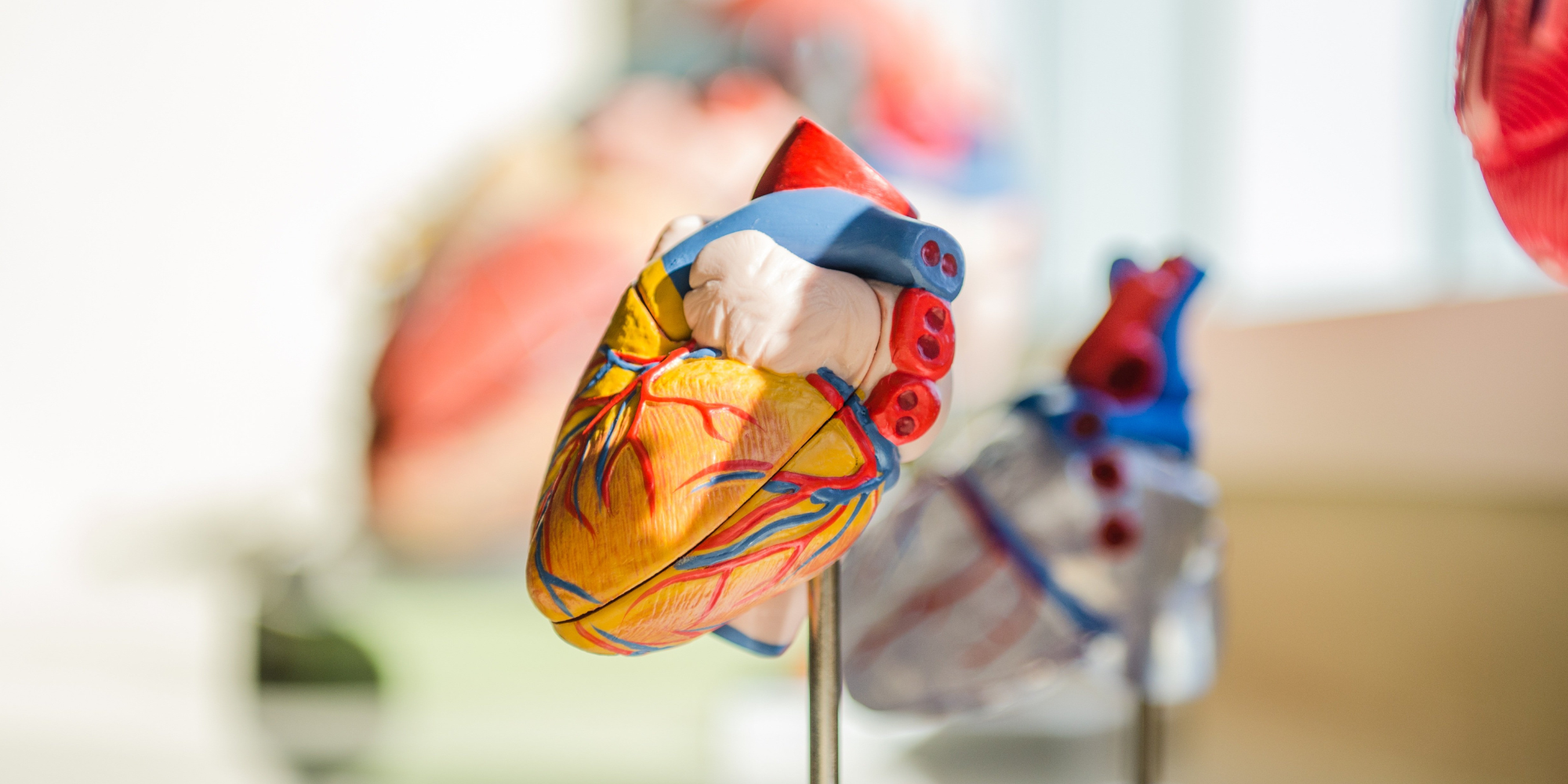Research by scientists at Columbia University Medical Center has shown that even a small change in daily habits that reduces the amount of time spent sitting can significantly affect the health of people who have suffered a heart attack or episode of chest pain.
The results of the study, published in the prestigious journal Circulation, show that replacing just 30 minutes of sitting per day with physical activity, or even sleep, reduces the risk of another cardiovascular incident, rehospitalization, or the need for coronary revascularization.
The study involved 609 people aged 21 to 96 who wore special wristbands measuring their physical activity levels after being discharged from the hospital. Analysis of the data showed that the least active individuals, who spent an average of more than 14 hours a day sitting, were more than two and a half times more likely to experience serious heart problems within a year of their first incident. In contrast, those who replaced 30 minutes of sitting with light physical activity saw their risk of cardiovascular complications or death drop by as much as 50 percent. Even greater benefits were seen in those who engaged in moderate or vigorous activity, with their risk decreasing by 61 percent.
Interestingly, replacing sitting with sleep also had a positive effect. Participants who slept 30 minutes longer at the expense of time spent inactive had a 14 percent lower risk of further health problems. The authors of the study emphasize that sleep plays a key role in the body’s regeneration, which is particularly important during recovery from a heart attack.
The results clearly show that you don’t have to do intense sports to take care of your heart. All you need to do is reduce the amount of time spent inactive, e.g. watching TV or working at a computer, and replace it with a short walk, light home exercises, or even a nap. Physical activity, even the least intense, brings real health benefits.
This discovery may change the way we look at cardiac rehabilitation. Until now, recommendations have focused mainly on regular exercise. New research suggests that it is equally important to limit prolonged sitting and ensure adequate sleep. Experts point out that this change in approach may be more flexible and tailored to patients’ abilities and lifestyles.
Source: Nauka w Polsce, Circulation: Cardiovascular Quality and Outcomes – https://doi.org/10.1161/CIRCOUTCOMES.124.011644






